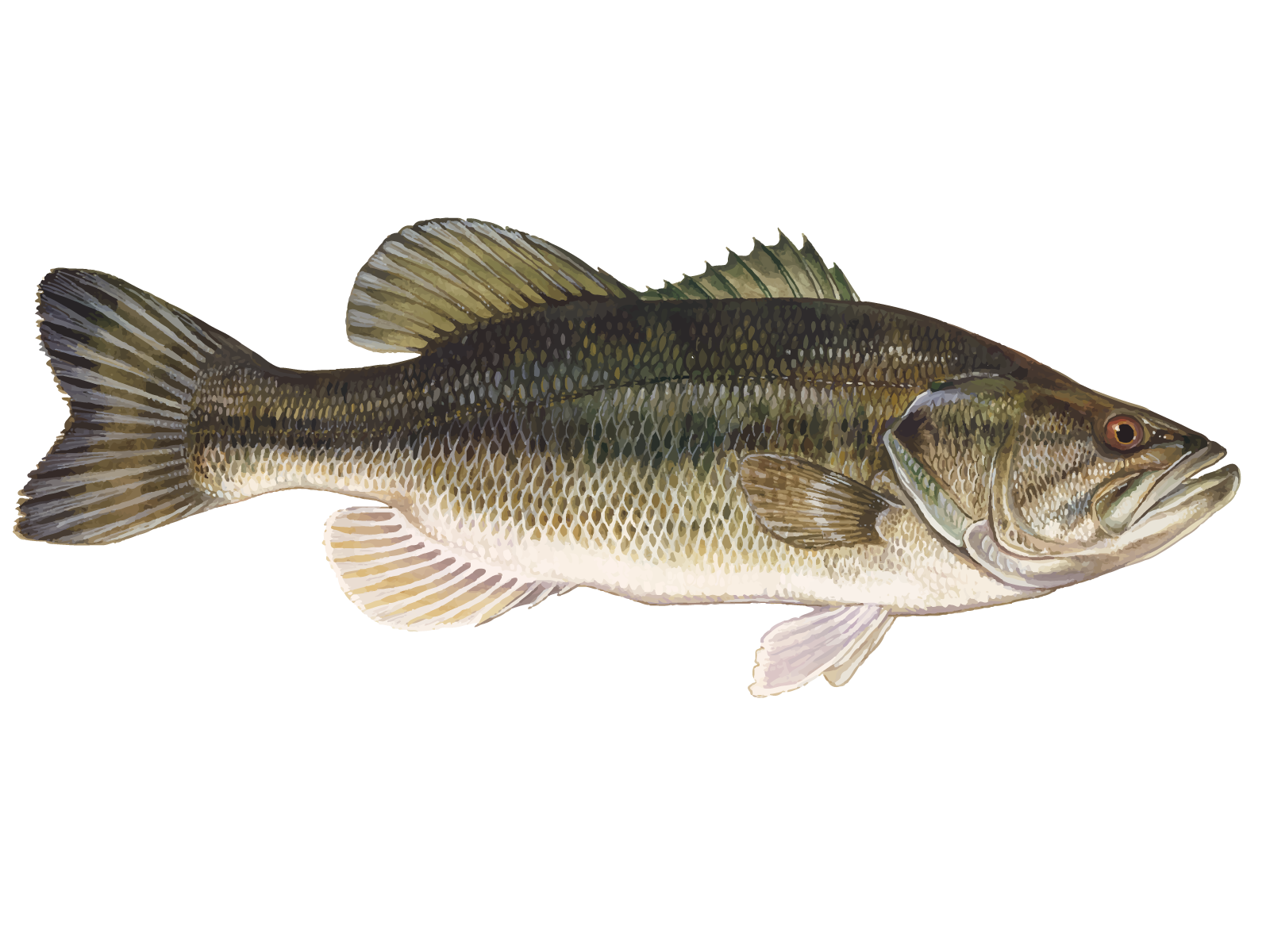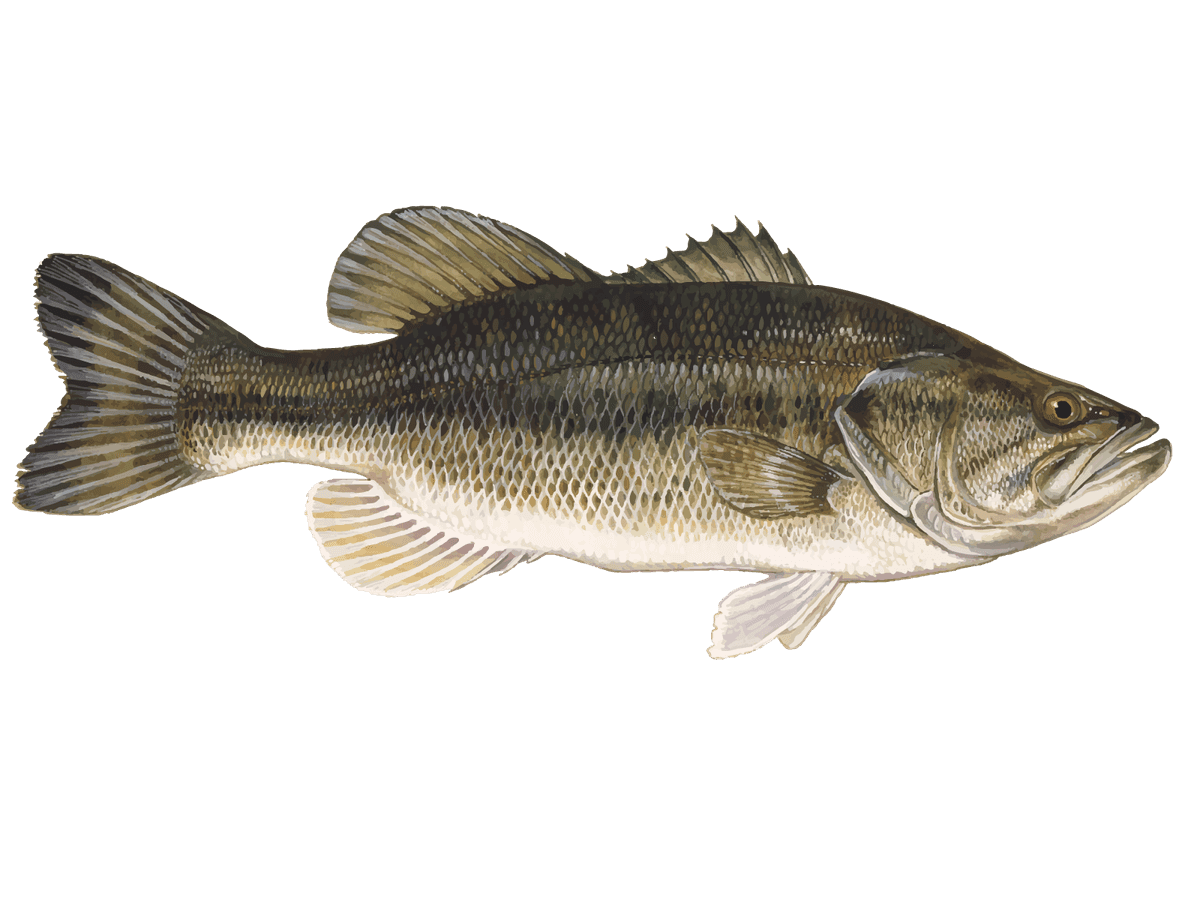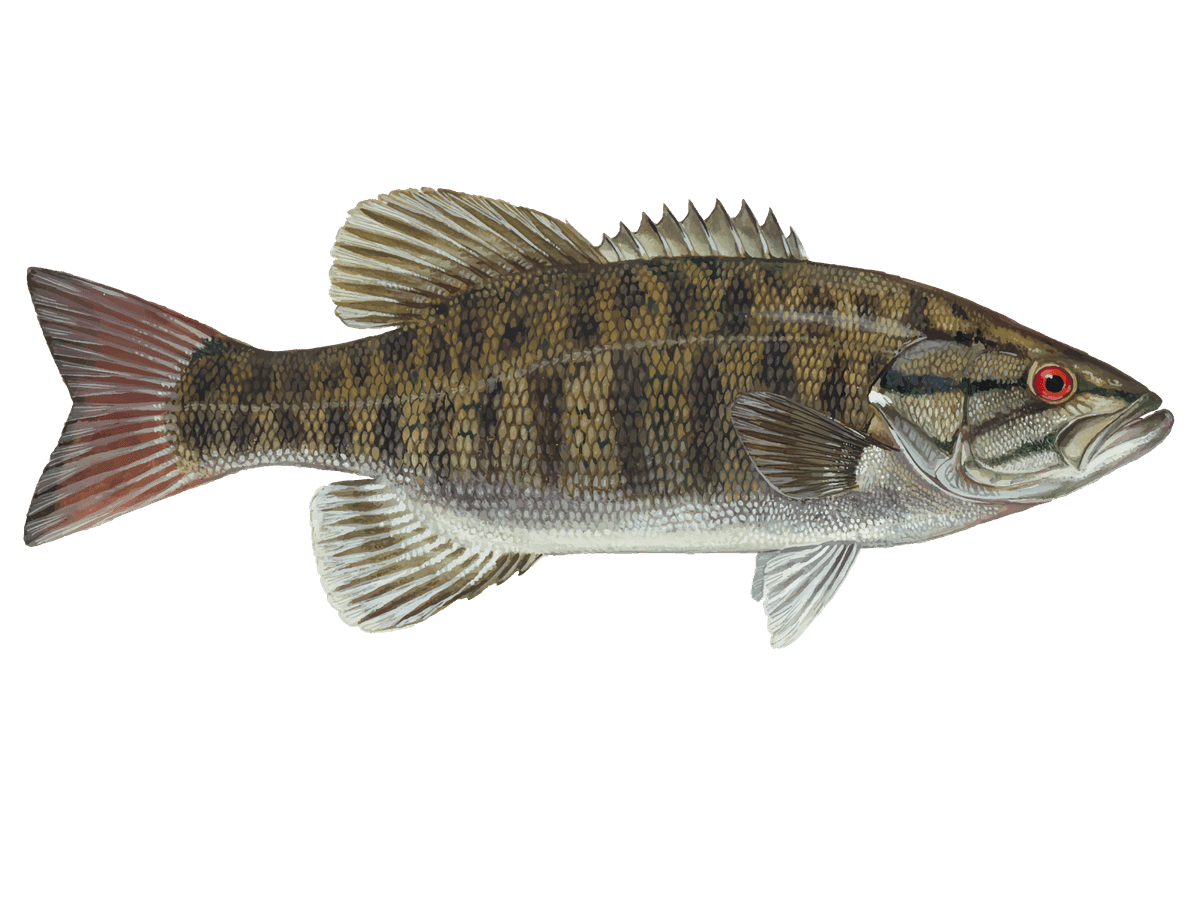//users/b43c4079-744b-403c-9760-6f321d9b6326/ratecard/danielmurphyrc3.jpg)
%2Ffit-in%2F300x300%2Fusers%2Fb43c4079-744b-403c-9760-6f321d9b6326%2Fratecard%2Fdanielmurphyrc3.jpg&w=256&q=75)
%2F300x300%2Fusers%2Fb43c4079-744b-403c-9760-6f321d9b6326%2Fimages%2Fepping-largemouth-bass-catch-3098.jpg&w=256&q=75)
%2F300x300%2Fusers%2Fb43c4079-744b-403c-9760-6f321d9b6326%2Fimages%2Fstunning-nh-scenery-3044.jpg&w=256&q=75)
%2F300x300%2Fusers%2Fb43c4079-744b-403c-9760-6f321d9b6326%2Fimages%2Fsmallmouth-bass-nh-fishing-3138.jpg&w=256&q=75)
%2F300x300%2Fusers%2Fb43c4079-744b-403c-9760-6f321d9b6326%2Fimages%2Fsmallmouth-bass-new-hampshire-3116.jpg&w=256&q=75)
%2F300x300%2Fusers%2Fb43c4079-744b-403c-9760-6f321d9b6326%2Fimages%2Fbest-great-fishing-epping-3158.jpg&w=256&q=75)
%2F300x300%2Fusers%2Fb43c4079-744b-403c-9760-6f321d9b6326%2Fimages%2Fepping-fishing-adventure-2982.jpg&w=256&q=75)
%2F300x300%2Fusers%2Fb43c4079-744b-403c-9760-6f321d9b6326%2Fimages%2Fangler-bass-new-hampshire-2410.jpg&w=256&q=75)
%2F300x300%2Fusers%2Fb43c4079-744b-403c-9760-6f321d9b6326%2Fimages%2Fbest-great-largemouth-bass-nh-2662.jpg&w=256&q=75)
%2F300x300%2Fusers%2Fb43c4079-744b-403c-9760-6f321d9b6326%2Fimages%2Ffishing-triumph-new-hampshire-2982.jpg&w=256&q=75)
%2F300x300%2Fusers%2Fb43c4079-744b-403c-9760-6f321d9b6326%2Fimages%2Ffishing-nh-3068.jpg&w=256&q=75)
Expert-Guided Bass Fishing in NH Lakes & Rivers
What you will be catching:
 Largemouth Bass
Largemouth Bass Smallmouth Bass
Smallmouth Bass
Trip Pricing and Availabilities :
No trip pricing information available at this time.
Shoreline Bass Bonanza: NH's Hidden Hotspots
Ready to ditch the boat and discover New Hampshire's best-kept bass fishing secrets? This 8-hour guided shoreline adventure is your ticket to landing lunkers without ever leaving dry land. Perfect for anglers who prefer a slower pace or want to mix fishing with some serious nature appreciation, you'll hit prime bass habitat on foot with a local pro who knows every nook and cranny of the Granite State's lakes and rivers.
Trip Overview
Kicking off at the crack of dawn (well, 7 AM), you'll team up with a seasoned guide who's been putting clients on fish for over 25 years. This isn't your typical run-and-gun boat trip. Instead, you'll take a more laid-back approach, carefully working productive shorelines for both largemouth and smallmouth bass. It's ideal if you're not a fan of boats, want to save some cash, or just prefer the simplicity of bank fishing. Plus, you get the bonus of easy photo ops and plenty of time to soak in New Hampshire's stunning scenery between casts.
What to Expect on the Water
Leave your gear at home because we've got you covered with all the fishing tackle you'll need. Your guide will show you the ropes on everything from flipping jigs under overhanging trees to working topwater lures across calm pockets. You might find yourself casting from rocky points, wading into gentle river currents, or sneaking up on bass holding tight to fallen timber. The beauty of shore fishing is the variety – each spot offers a new challenge and a chance to fine-tune your techniques. And don't worry about lugging around a heavy tacklebox. Your guide will have a mobile arsenal of proven lures ready to match whatever the fish are keyed in on that day.
Why Anglers Keep Coming Back
There's something special about shoreline bass fishing that keeps folks coming back for more. Maybe it's the satisfying "thunk" of a bass inhaling your lure right at your feet, or the way time seems to slow down as you pick apart a promising stretch of bank. Our clients love the personal attention they get – with just you (or your small group) and the guide, there's plenty of time for one-on-one instruction to level up your bass game. It's also a hit with photographers and nature lovers who appreciate the chance to spot wildlife between bites. And let's be honest, there's no beating that feeling when you're waist-deep in a pristine New Hampshire river, surrounded by nothing but trees and the sound of water lapping at the shore.
Species You'll Want to Hook
Largemouth Bass: The heavyweight champs of New Hampshire's lakes, largemouth bass are ambush predators that love to hang out near structure. In the spring, you might find them cruising the shallows, ready to crush a well-placed topwater lure. As summer heats up, they often retreat to deeper water during the day, but you can still catch them tight to cover or during low-light periods. Fall is a favorite time for many anglers, as the bass feed heavily to fatten up for winter. Expect hard-fighting fish in the 2-4 pound range, with the occasional 5+ pounder keeping things interesting.
Smallmouth Bass: If largemouth are the heavyweights, smallmouth are the scrappy middleweights that punch way above their weight class. These bronze bombers prefer cooler, clearer water and are often found in rivers or deeper, rocky areas of lakes. They're absolute bulldogs on the end of your line, known for acrobatic jumps and blistering runs. Spring and fall are prime times for trophy smallies, but they can be caught all season long. While a 2-3 pound smallmouth is a quality fish, don't be surprised if you tangle with a 4+ pounder in some of New Hampshire's premier waters.
Top Catches This Season
While every day on the water is different, our guides have been putting clients on some impressive bass lately. Early spring saw some monster pre-spawn largemouth coming out of shallow bays, with several fish pushing the 6-pound mark. As summer kicked in, the smallmouth action heated up, especially in the faster-moving sections of our rivers. One client landed a personal best 4.5-pound smallie that took him on a wild ride downstream before we could finally slip the net under it. Fall has been all about numbers, with some days producing 30+ fish between largemouth and smallmouth. It's not uncommon for anglers to land their personal best bass on these trips, regardless of the season.
Insider Tips for Shore Success
While your guide will cover all the basics, here are a few pro tips to keep in mind:
1. Stealth is key from shore. Wear muted colors and try to avoid casting your shadow over likely fish-holding areas.
2. Learn to skip baits under overhanging branches and docks. It's a skill that will dramatically increase your casting accuracy and the number of fish you catch.
3. Don't ignore shallow water, even in the heat of summer. Bass will often push bait up against the bank, creating feeding frenzies in just inches of water.
4. When fishing rivers, pay attention to current seams and eddies. These are prime ambush points for both largemouth and smallmouth.
5. Bring polarized sunglasses. They'll help you spot submerged structure and even see bass following your lure in clear water.
What to Bring
While we provide all the fishing gear, there are a few things you'll want to pack:
- Valid New Hampshire fishing license (required for ages 16 and up) - Weather-appropriate clothing (layers are your friend in New England) - Sturdy, waterproof footwear - Sun protection (hat, sunscreen, sunglasses) - Water and snacks - Camera or smartphone for photos - Any personal medications you might need
Remember, we'll be on our feet for most of the day, so comfort is key. And don't forget to bring your A-game and a positive attitude – half the fun of fishing is the stories you'll tell later, whether you land a lunker or just enjoy a day in nature.
Conservation Matters
At Lake 'N Land Guide Services, we're passionate about preserving New Hampshire's amazing bass fisheries for future generations. We practice and encourage catch-and-release, especially for larger bass that are the prime spawners. Your guide will show you proper handling techniques to ensure the fish you catch today will be there to fight another day. We also participate in local conservation efforts and can fill you in on ways to get involved in protecting these incredible resources.
Time to Book Your Spot
Whether you're a seasoned bass angler looking to try something new or a complete novice wanting to learn the ropes, our Shoreline Bass Fishing Guided Trip is the perfect way to experience the best of New Hampshire's freshwater fishing. With a full day of expert guidance, top-notch equipment, and access to some of the state's most productive waters, you're in for a treat. Spots fill up fast, especially during peak seasons, so don't wait to lock in your date. Give us a call or book online today, and get ready to make some serious bass memories from the bank!
Learn more about the species
Largemouth Bass
Largemouth bass are the heavyweights of New Hampshire's bass fishing scene, often reaching 2-6 pounds. These bucket-mouthed ambush predators love warm, weedy waters and hang out near submerged logs, docks, and thick vegetation. Spring and fall are excellent times to target them in shallow water, while they retreat to deeper, cooler areas during summer heat. Anglers prize largemouth for their aggressive strikes and powerful fights. They're also good eating when prepared right. To up your odds, focus on dawn and dusk when bass are most active. One local trick: on calm summer evenings, try working a topwater frog lure slowly across lily pads. The explosive strikes will get your heart racing! Remember, patience is key – sometimes a pause in your retrieve is all it takes to trigger a big largemouth to bite.

Smallmouth Bass
Smallmouth bass are feisty fighters that'll give you a run for your money. These bronze beauties typically range from 1-4 pounds and love clear, cool waters with rocky bottoms. You'll find them around structure like fallen trees and boulders in our New Hampshire lakes and rivers. Spring and fall are prime times, as they move shallow. In summer, they go deep to stay cool. Anglers love smallies for their acrobatic jumps and hard-pulling fights. They're also great eating if you choose to keep a few. To boost your chances, try fishing early morning or late evening with light spinning gear. A weightless plastic worm rigged wacky-style is my go-to for tempting stubborn smallmouth. Just twitch it gently near cover and hold on tight – when they hit, it's game on!

About the Bass Fishing
%2F%2Fusers%2Fb43c4079-744b-403c-9760-6f321d9b6326%2Fvehicle_picture%2Fdan_murphy_boat.jpg&w=1200&q=75)
Vehicle Guest Capacity: 3
Manufacturer Name: Mercury ProXS
Maximum Cruising Speed: 55
Number of Engines: 1
Horsepower per Engine: 150
%2Ffit-in%2F250x250%2Fguide_websites%2F44338%2Fimages%2F1753853112088logo-png.png&w=1200&q=100)


%2Ffilters%3Aformat(webp)%2Fusers%2Fb43c4079-744b-403c-9760-6f321d9b6326%2Fimages%2Fangler-bass-new-hampshire-2410.jpg&w=768&q=75)
%2Ffilters%3Aformat(webp)%2Fusers%2Fb43c4079-744b-403c-9760-6f321d9b6326%2Fimages%2Fbest-great-largemouth-bass-nh-2662.jpg&w=768&q=75)
%2Ffilters%3Aformat(webp)%2Fusers%2Fb43c4079-744b-403c-9760-6f321d9b6326%2Fimages%2Ffishing-triumph-new-hampshire-2982.jpg&w=768&q=75)
%2Ffilters%3Aformat(webp)%2Fusers%2Fb43c4079-744b-403c-9760-6f321d9b6326%2Fimages%2Ffishing-nh-3068.jpg&w=768&q=75)
%2Ffilters%3Aformat(webp)%2Fusers%2Fb43c4079-744b-403c-9760-6f321d9b6326%2Fimages%2Fepping-largemouth-bass-catch-3098.jpg&w=768&q=75)
%2Ffilters%3Aformat(webp)%2Fusers%2Fb43c4079-744b-403c-9760-6f321d9b6326%2Fimages%2Fstunning-nh-scenery-3044.jpg&w=768&q=75)
%2Ffilters%3Aformat(webp)%2Fusers%2Fb43c4079-744b-403c-9760-6f321d9b6326%2Fimages%2Fsmallmouth-bass-nh-fishing-3138.jpg&w=768&q=75)
%2Ffilters%3Aformat(webp)%2Fusers%2Fb43c4079-744b-403c-9760-6f321d9b6326%2Fimages%2Fsmallmouth-bass-new-hampshire-3116.jpg&w=768&q=75)
%2Ffilters%3Aformat(webp)%2Fusers%2Fb43c4079-744b-403c-9760-6f321d9b6326%2Fimages%2Fbest-great-fishing-epping-3158.jpg&w=768&q=75)
%2Ffilters%3Aformat(webp)%2Fusers%2Fb43c4079-744b-403c-9760-6f321d9b6326%2Fimages%2Fepping-fishing-adventure-2982.jpg&w=768&q=75)
